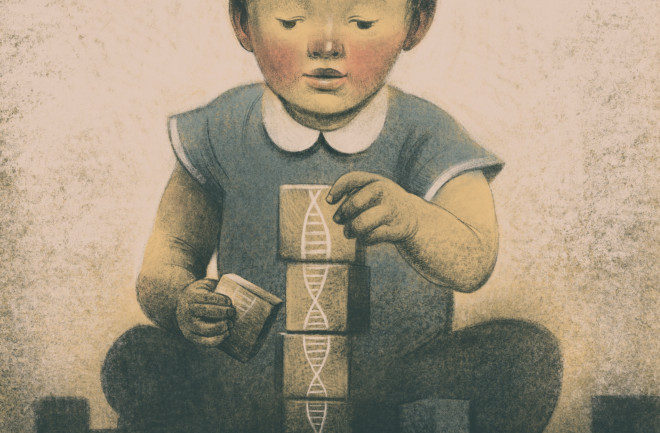Often, science moves ahead incrementally. Yet sometimes it advances in dramatic leaps and bounds that can stir new hopes for medical benefits while shaking society to its very core. We saw both in 2019, as work using the gene-editing tool CRISPR gained momentum.
The year opened with the scientific community scrambling to respond to the news that Chinese researcher He Jiankui had used CRISPR technology to edit the genomes of human embryos. The experiments resulted in the November 2018 birth of twin girls, the first humans with genetically altered germline cells — which means their genetic changes are heritable and can be passed on to future generations.

